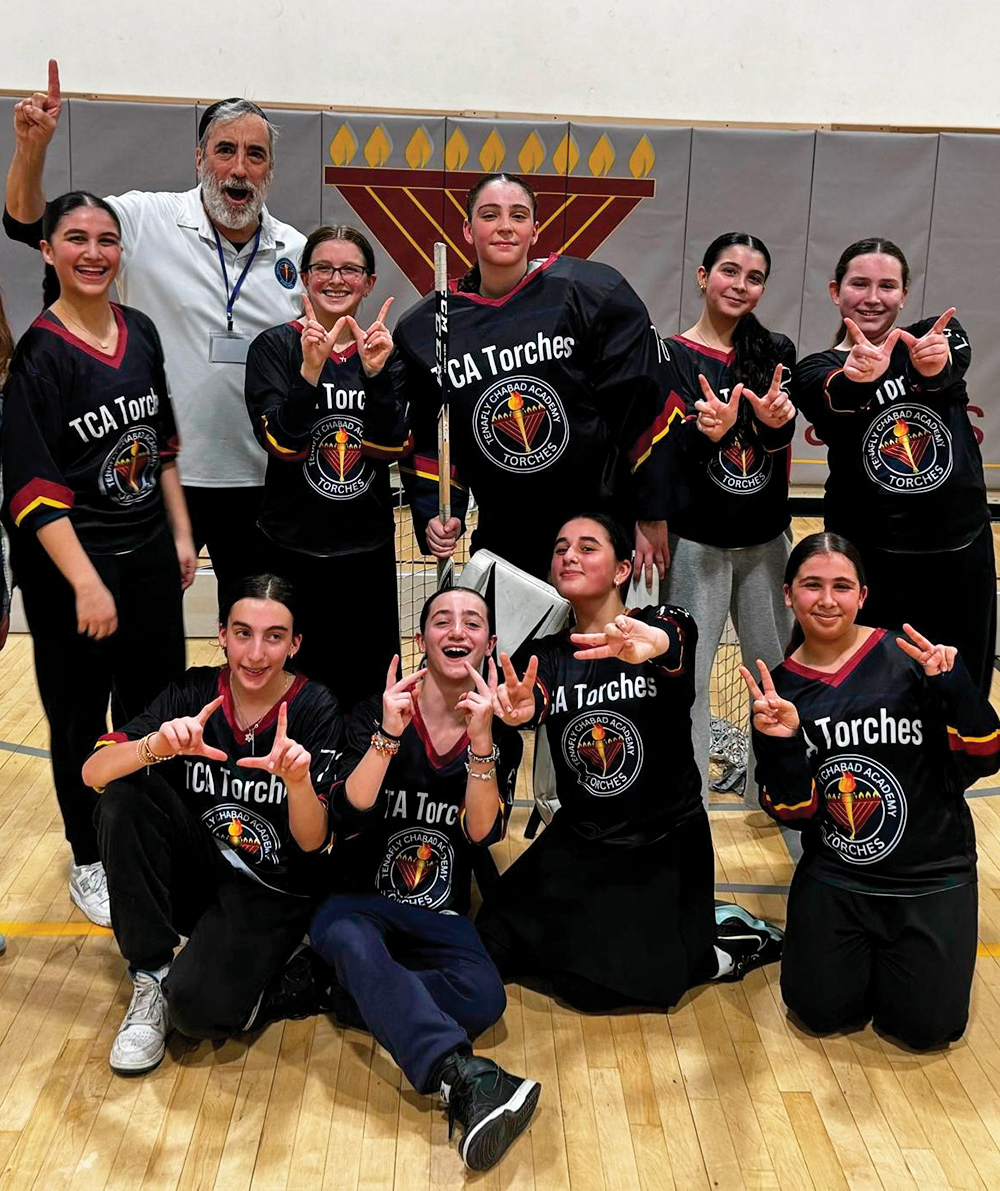To the Editor:
In his December 31st column, “Glass Half Full Judaism,” describing the differences between religious conservatives and religious liberals, Rabbi Gil Student refers to Modern Orthodox liberals as “Well-meaning people lacking a healthy sense of awe and humility….”
Was a judgment about the religious sensitivities of Modern Orthodox liberals necessary? Student could have made his points as to why the differences exist without delegitimizing people. Furthermore, how can Student know the inner workings of people’s souls?
As to the meat of that statement.
Did Rabbi Soloveitchik exhibit a lack of awe or humility when he introduced the study of Talmud to girls at Maimonides, the school he founded in Boston or when he delivered the inaugural shiur in 1972 when Sten College instituted Talmud study for women? Both of these moves forever changed the trajectory of Jewish education in the Modern Orthodox world.
Did Rav Benzion Uziel’s lenient rulings on conversion standards represent a shortfall of awe and humility (Responsa Mishpetei Uziel, no. 20)?
How about Rav Kook’s (not to mention Rav Yitzchak Elchanan Spektor, Rav Tzvi Pesach Frank, and Rav Ovadia Yosef) adoption of the Heter Mechira (permission to temporarily sell land in Israel to non-Jews) in order to lighten the burden on the Sabbatical year on farmers in the Land of Israel? Was that an expression of inadequate awe and humility?
The list goes on to include Rabbi Soloveitchik’s approval of women’s Tefillah groups, Rabbi Yaakov Ariel’s allowance for the groom to give a bride a ring under the chuppah (after Sheva Brachot), Rabbi Moshe Feinstein’s use of “marriage by mistake” (considering an undisclosed condition of the husband as grounds for annulling the marriage) to free agunot to marry without a Get, as well as Rabbi Feinstein’s acceptance of non-specially supervised milk. Were these decisions made without ample awe and humility?
Whether the rabbis listed above are considered liberals or not, is not important. What is fundamental is the realization that bold, innovative, creative, and progressive psak comes from an optimistic sense in the potential of halacha, and that optimism isn’t liberal, its part and parcel of halacha.
What was behind the accommodations noted above was not a not a lack of a “healthy sense of awe and humility,” but rather a desire to present Halacha as relevant and capable of responding to real community need and the belief that our actions and community standards can reflect ideals held dear by so many–like exercising loving-kindness and establishing justice and righteousness (Jer. 9:23).
Rabbi Barry Gelman
Rabbi of United Orthodox Synagogues of Houston,Texas
Response from Rabbi Gil Student:











